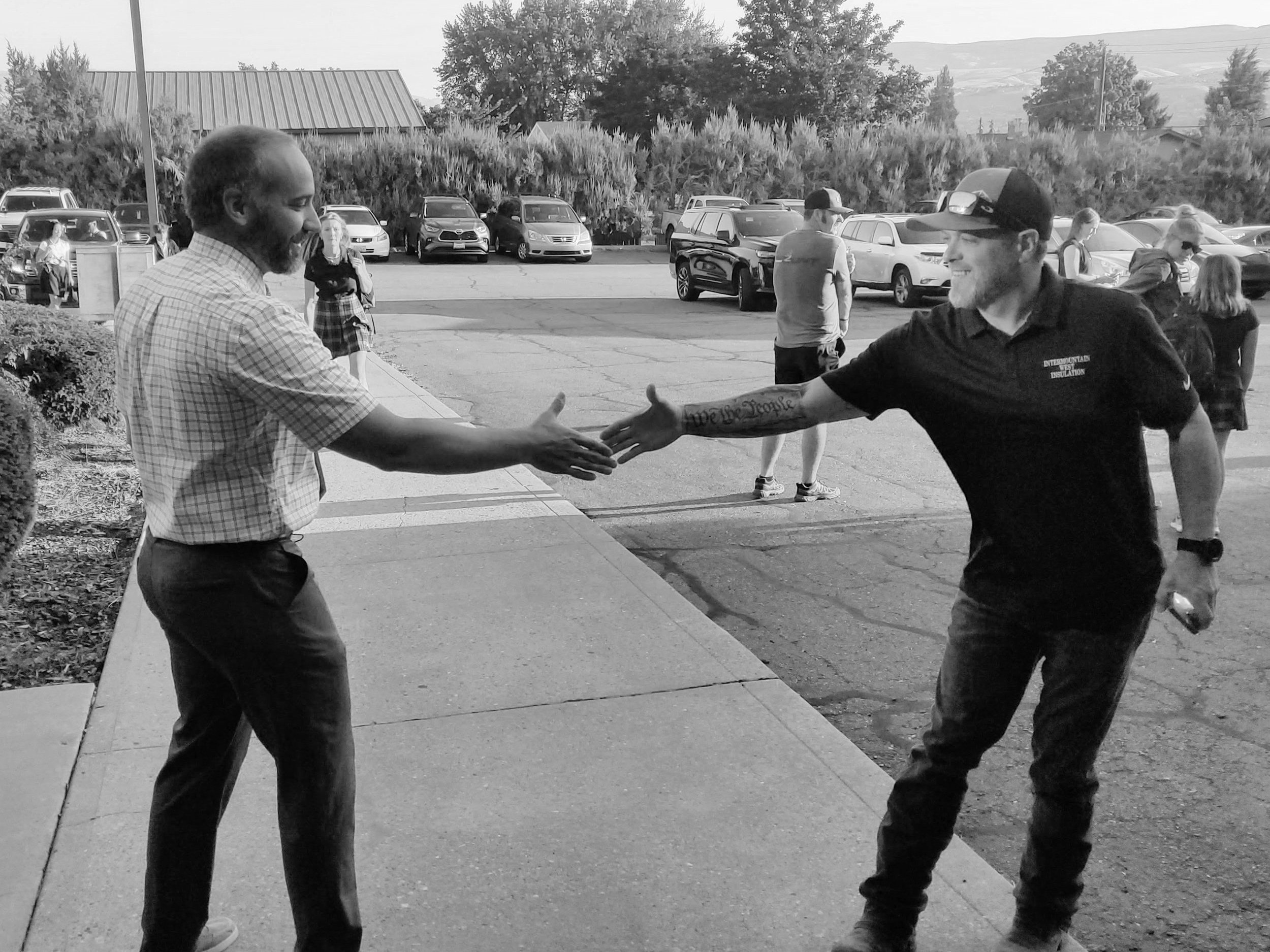If you’ve spent some time in The River Academy halls, you’ve probably heard adorable little voices singing, chanting and memorizing math facts. You may also have witnessed the charming young people presenting their 20-minute memorized senior thesis. But what about those challenging, argumentative, and often conflict-filled middle years? What magic transformation turns kindergarten phonograms into senior theses?
The word dialectic comes from the same Greek root as our words dialogue and dialect, and contains a similar concept of speaking, conversing, and discussing. When we talk about the Dialectic Stage of education, we mean this season when middle school brains begin to want to talk about how things work, and they begin to insist on understanding why they should do what they are asked to do or believe what they are being told. This phase of development, sandwiched between the grammar and rhetoric stages, is definitely the messy middle.
No longer satisfied with the simple modeling, parroting and following-along types of learning, students now grow stronger in their ability to reason and become better able to defend their positions. This argumentative stage is the perfect time to teach them the arts of reasoning, discernment, and debate in a formal Logic class. Well-crafted written arguments and civilized debates are the regularly visited practice arenas for honing logical thinking and analytical skills here at TRA. And, yes, we always admonish them to use these new skills gently and respectfully on parents!
A liberal arts education is meant to produce free people, those who are self-managed and well equipped to lead others. To this end we teach our students to view issues from new perspectives, to ask helpful questions, research carefully, and then form their own ideas and opinions. The goal of the Dialectic Stage is not to teach them what to think, but instead to teach them how to think logically for themselves. This prepares our students well for the rhetoric years when they will become eloquent deliverers of their own creative thoughts and ideas.
The Dialectic Stage is the trunk of our tree analogy, where the early roots of grammatical information gather and grow together to become the strong column made up of reasoning and logical thinking. This strong core will bear future branches of rhetorical fruit.
Please pray for The River Academy and its teachers as we walk with these wonderful young humans through what we all know are often challenging middle years. Know that we are actively praying for your children alongside you, too. We are training our students to be logical thinkers on their path to becoming the next generation of Christian leaders, and the rigorous practices of the Dialectic Stage we immerse our students in at TRA are critical to achieve this mission!
Have a great week,
Tonya






